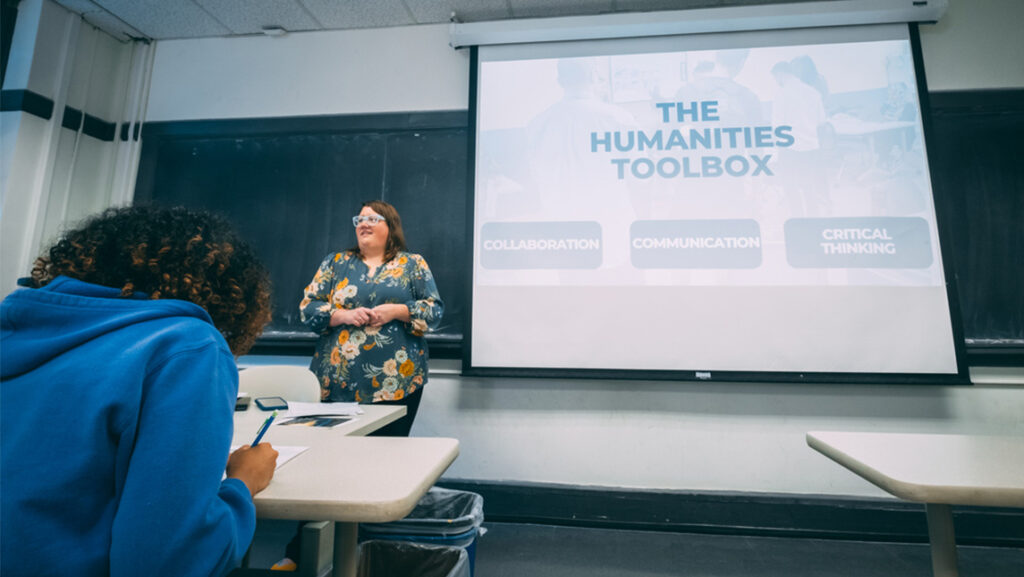On August 25th, 2015, The Temple News covered the collaborative project of researchers from institutions including Temple University, UNC Greensboro, and East Carolina University. The researchers, funded by a $1 million grant from the National Institute on Drug Abuse, are creating a program to effectively teach students in grades 6-12 about how addictive substances affect the brain. Entitled the Science Education Against Drug Abuse Partnership (SEADAP), it has been implemented at local schools in Philadelphia with the first year’s results just beginning to appear.
“Participating classrooms are given planarians, petri dishes and the addictive substances along with other educational material and instructions on how to properly complete the experiment. From there, students watch the difference between the flatworms in spring water and what happens in the addictive material to draw conclusions on what effect those same substances have on their own bodies. And though the experimented substances aren’t illegal, teachers use the examples of its addictive tendencies to further teach what kind of effects harder substances, like cocaine, have on people.
“Along with [Dr. Scott Rawls, an associate professor in the Center for Substance Abuse Research at the Temple University School of Medicine and a former high school teacher], the program is also led by Dr. Rhea Miles, a science education expert and professor at East Carolina University, Kathleen Mooney, an assessment specialist at the University of North Carolina-Greensboro and Dr. Sara Ward, a scientist at Temple. SEADAP is also founded on published research at Temple.”
This year the SEADAP program will continue to expand into classrooms in Washington, D.C. and North Carolina.
Learn More at http://temple-news.com/lifestyle/professor-brings-research-to-school/



